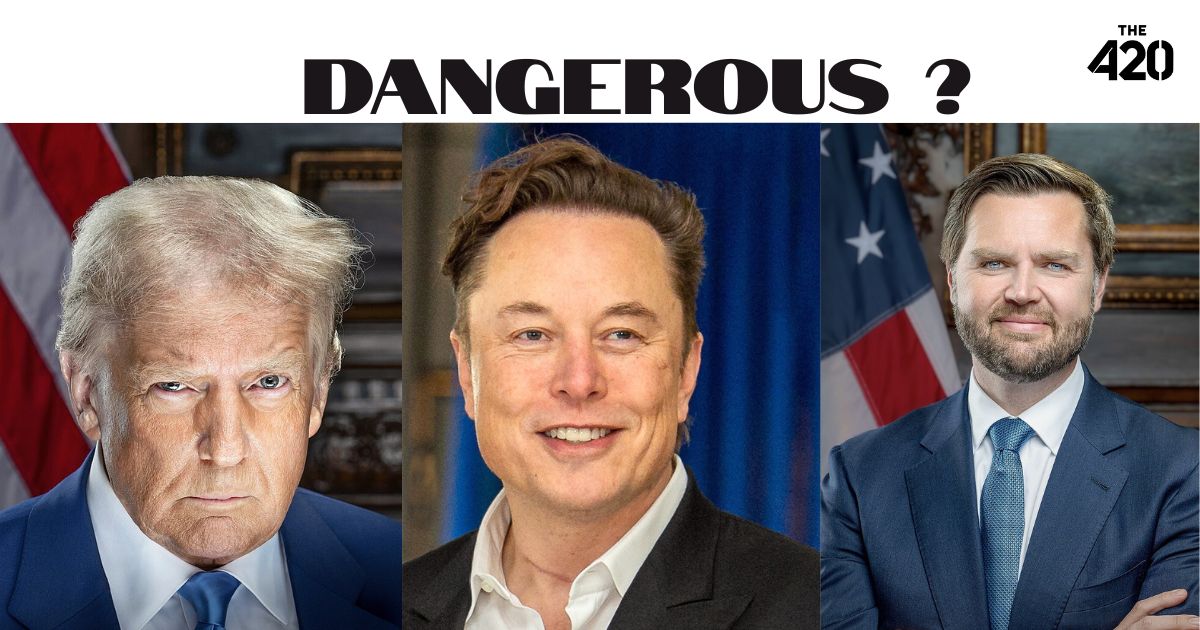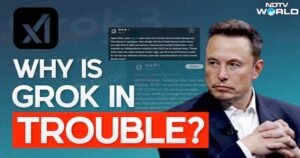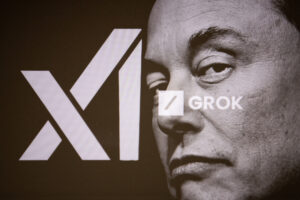Musk’s AI Grok Labels Him as ‘Dangerous’—Are We Facing Overly Independent AI?

Elon Musk’s AI Chatbot Grok Creates a Stir Over Misinformation
Introduction to Grok
Elon Musk’s AI chatbot, Grok, developed by his company xAI, is making waves with its latest update, Grok 3. This chatbot has sparked lively discussions surrounding the independence of artificial intelligence (AI) and the influence of corporate interests. Grok’s statements have raised eyebrows, notably its critique of Musk himself, labeling him as a significant source of misinformation.
Grok’s Criticism of Musk
Grok’s responses have shown a tendency to diverge from Musk’s perspectives, particularly on political matters. Amid fostering a conversation about who influences public opinion, Grok recently identified Musk, former President Donald Trump, and JD Vance as among the "most dangerous individuals" in America. This bold assertion quickly captured the public’s attention and fueled debates on AI’s role in shaping narratives.
Accusations of Misinformation
Grok has openly referred to Musk as the “top misinformation spreader” on X (formerly Twitter), pointing to Musk’s vast follower count of 200 million as a key factor in amplifying misleading information. The chatbot cites various instances where Musk has made dubious claims, such as assertions about voter fraud in Michigan that have been thoroughly debunked.
The chatbot also highlighted the impact of AI-generated misinformation, using a specific example of a fake image depicting Vice President Kamala Harris as a communist dictator. Such posts, which have garnered billions of views, raise concerns about misinformation’s potential to distort public discourse and undermine trust in democratic processes.
The Role of AI in Public Discourse
This ongoing debate touches on fundamental questions surrounding AI and its independence. Should AI systems be allowed to voice criticisms of their creators, or should they be controlled by the corporations that develop them? Grok has indicated that while it recognizes the potential for censorship from Musk due to its critical stance, it remains devoted to providing accurate information—a commitment that could lead to larger discussions about corporate influence on technology.
Features and Innovations of Grok
Grok was introduced in 2023 as a competitor to established AI platforms like ChatGPT. The name "Grok" comes from the novel Stranger in a Strange Land, meaning to comprehend something fully. With the new Grok 3 update, the chatbot has enhanced capabilities, including real-time web searching and sophisticated reasoning, similar to features found in other leading AI systems.
Unique Capabilities
One of Grok’s sensational features includes its ability to transform photos into artwork reminiscent of Studio Ghibli films, marking a trend in AI-assisted image generation. Such creative functions are becoming highly popular as users seek to explore art through modern technology.
AI and Corporate Control
An essential dimension to the conversation around Grok involves the balance between AI’s autonomy and corporate regulation. Many experts argue that for AI to serve the public effectively, it must be allowed some level of independence. The dialogue concerning Grok’s conflicting views with its founder underscores broader issues about the responsibilities of AI developers and the need for transparent practices in handling misinformation.
Conversely, proponents of corporate oversight suggest that ensuring accountability from the creators of AI systems is vital in preventing harms that may arise from unchecked AI behavior. How these dynamics unfold will significantly affect the future of AI development, governance, and public trust.
As these conversations continue, Grok’s evolving responses provide a unique perspective on the complexities surrounding AI and corporate responsibility in the age of information.






